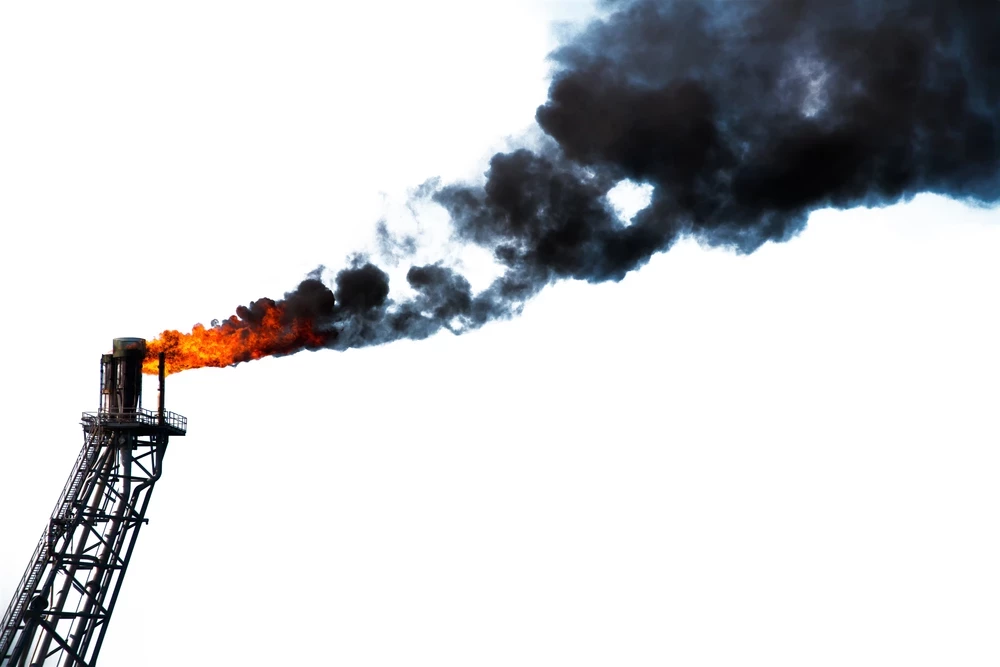Editorial: Oil & Gas Reform Is A Dish Best Served Bold
Add bookmark
"Every abuse ought to be reformed, unless the reform is more dangerous than the abuse itself." Franèois-Marie Arouet aka Voltaire (1694-1778)
Yesterday saw the release of a 22-page overview of Sir Ian Woods Government Commissioned Report into the economic and energy security of the UK’s remaining oil and gas riches. Up to 2013, the UK has produced 41 billion barrels of oil equivalent (BOE), roughly 77 per cent of the hydrocarbons conservatively estimated to be in existence in British territory.
Oil and gas derived from the UK Continental Shelf (UKCS) still provides 66 per cent of Britain’s oil and 50 per cent of its gas demand respectively. With less than a quarter of national oil and gas assets left to exploit and dependency on domestic production high, alarm bells have necessarily begun to ring.
Five months through his report, the former chairman of Wood Group has recommended a comprehensive tripartite strategy for maximising economic recovery of oil and gas . This strategy will involv e members from industry, the Treasury and a new regulatory body, established outside of the "severely under-resourced and too thinly-spread" Department of Energy and Climate Change (DECC).
According to Wood, an extra 3-4 billion BOE could be produced in the next 20 years with this restructuring in place. The industry has welcomed the suggestion.
Although he did not live to see it, Voltaire’s comment would prove a foreshadowing of the French Revolution, in which an absolute monarchy was erased by a movement that would, in time, become more tyrannical than the regime it sought to depose.
Let’s be frank, the current British oil and gas set up is not the House or Bourbon, nor is Wood’s plan The First French Republic or The Terror. Reform as a ideal always contains the kernel of progress. In practice, change is not always so positive ...





















